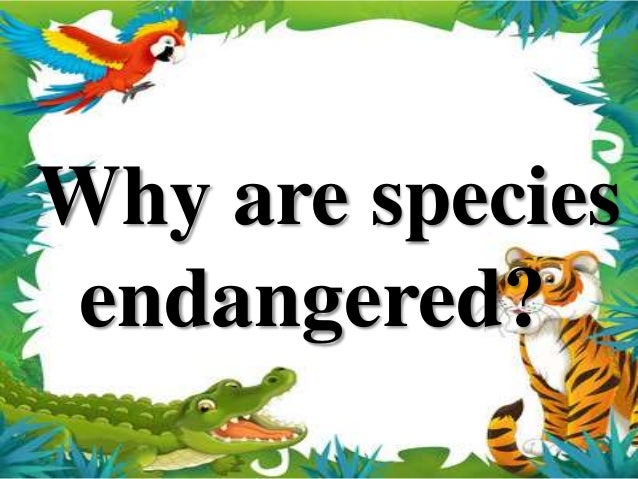CONVINCING REASONS WHY YOU SHOULD BE A WILDLIFE CONSERVATIONIST
A wildlife conservationist may be a great career for an eco-conscious individual. They work in various industries to sustain the preservation of the ecosystem, such as rainforests, oceans, and grasslands. With more and more species becoming endangered, biodiversity is an objective that the conservationist constantly strives for.
Essential Information
Commonly employed in local, state and federal government, wildlife conservationists work to preserve the habitats of plants and animals. Their job duties include studying soil and water, as well as striving to prevent wildfires. Entry-level jobs in wildlife conservation typically require a bachelor's degree in wildlife biology, environmental sciences, agricultural science, or a related field. Those seeking advanced positions might need a master's degree.
| Required Education | Bachelor's degree related to wildlife biology for entry-level; master's degree for advancement |
| Projected Job Growth (2014-2024)* | 7% for all conservation scientists |
| Average Annual Salary (2015)* | $63,800 for all conservation scientists |
Source: *U.S. Bureau of Labor Statistics
Salary for a Wildlife Conservationist
According to the U.S. Bureau of Labor Statistics (BLS), conservation scientists, including wildlife conservationists, made an average annual salary of $63,800 in May 2015 (www.bls.gov). Wages varied greatly by type of employer. For example, conservation scientists working for the federal government earned an average of $76,130 per year, while those working for state governments made a mean of $55,700 annually.
Job Duties
A wildlife conservationist protects and manages various environments, such as forests and grasslands, to ensure that they're safe for the species and plants that live and grow there. This involves making sure habitats are free from diseases and harmful insects, as well as working to protect them from fire.
A wildlife conservationist also might check to make sure that soil is not contaminated and that water supplies are fresh and potable. Additionally, he or she might educate the public about the importance of caring for wildlife and the overall environment.
Career Outlook
According to the BLS, job opportunities for conservation scientists in general were forecast to grow by 7% from 2014-2024, which was as fast as the average projected for all careers. Most new jobs were expected at the federal, state, and local levels because of an increased need to prevent and mitigate forest fires.
Educational Requirements
A bachelor's degree typically is the minimum requirement for an entry-level career as a wildlife conservationist. Those aspiring to work in this field might choose an undergraduate program in wildlife biology or a related field, such as natural resources, agricultural science, or environmental sciences. Topics covered in these programs might include diversity of life, wildlife management issues, genetics, evolution, and biology. Those who plan to pursue advanced positions in wildlife conservation might benefit from a master's degree program.
Each passing year, the earth is losing various organisms. A wildlife conservationist is there to make sure each species has an adequate habitat to thrive in by conducting research and developing plans to preserve our ecosystem, as well as engaging in field work. Entry-level conservationist jobs require at least a bachelor's degree, but earning graduate degrees are recommended to move up in their career.










No comments: